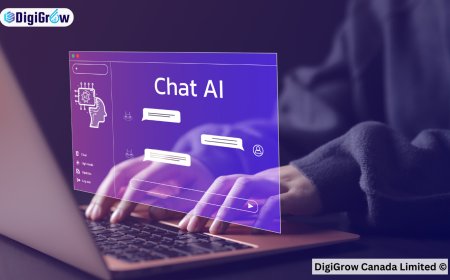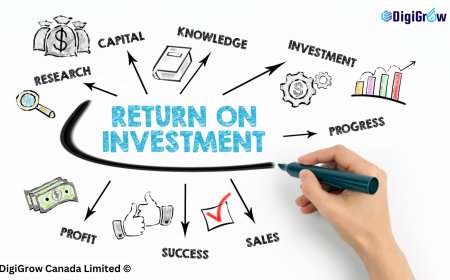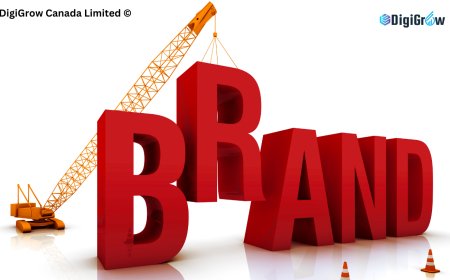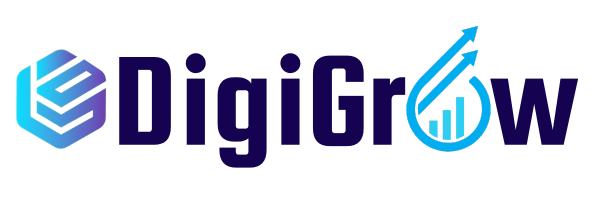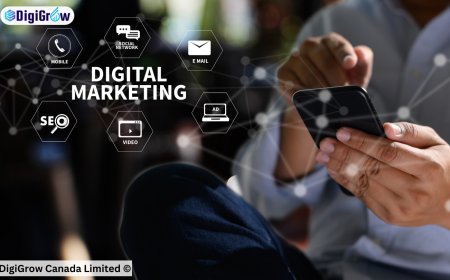The Importance of Personalization in Digital Marketing
Personalization in digital marketing enhances customer experience, drives engagement, and boosts conversions. Learn how to effectively tailor content to your audience.

In today’s digital landscape, personalization has become more than just a buzzword—it's a necessity. As consumers become more discerning and expect brands to cater to their specific needs and preferences, businesses must adapt their marketing strategies accordingly.
Personalization in digital marketing is about creating tailored experiences for each user, enhancing customer engagement, and driving conversion rates. Here’s why personalization is critical and how you can effectively implement it in your digital marketing strategy.
Why Personalization Matters
-
Enhanced Customer Experience: Personalization allows you to offer content and product recommendations that resonate with your audience. By analyzing user behavior and preferences, you can craft experiences that feel more relevant, making customers feel valued and understood.
-
Increased Engagement: When users see content that matches their interests, they are more likely to engage with it. Personalized emails, social media posts, and website experiences can lead to higher click-through rates, longer time spent on your site, and more frequent interactions with your brand.
-
Improved Conversion Rates: Personalization can significantly impact your conversion rates. By presenting the right offer to the right person at the right time, you increase the likelihood of turning prospects into customers. For instance, personalized product recommendations can lead to higher sales in e-commerce.
-
Customer Loyalty: Personalized experiences build stronger relationships with your customers. When users feel that a brand understands and meets their needs, they are more likely to remain loyal, leading to repeat business and long-term customer relationships.
How to Implement Personalization in Your Digital Marketing Strategy
-
Data Collection and Analysis: The first step in personalization is collecting data about your audience. This includes demographic information, purchase history, browsing behavior, and interaction with your brand. Use analytics tools to gather and analyze this data to understand your customers better.
-
Segment Your Audience: Once you have sufficient data, segment your audience into different groups based on shared characteristics or behaviors. This could be based on demographics, past purchases, or engagement levels. Segmenting allows you to create targeted marketing campaigns that address the specific needs of each group.
-
Personalized Content: Tailor your content to match the preferences and behaviors of each audience segment. This could mean creating different email campaigns for different segments, offering personalized product recommendations, or even customizing the content on your website based on user behavior.
-
Dynamic Content and Automation: Use tools that allow you to automate the delivery of personalized content. Dynamic content in emails, for example, can change based on who is opening the email, ensuring that each recipient sees something that is relevant to them. Automation tools can also help in scheduling and sending personalized messages at optimal times.
-
Continuous Testing and Optimization: Personalization is not a one-time task. Continuously test your personalized campaigns to see what works best and optimize your strategy accordingly. A/B testing different personalized messages, subject lines, or content variations can help you refine your approach.
The Future of Personalization
As technology evolves, so does the potential for personalization in digital marketing. With the rise of artificial intelligence and machine learning, businesses can anticipate customer needs and preferences with even greater accuracy. The future of personalization will likely involve more predictive analytics, real-time personalization, and even more seamless integration across different platforms.
In conclusion, personalization is no longer an optional add-on in digital marketing—it’s a fundamental aspect of a successful strategy. By leveraging data, segmentation, and dynamic content, businesses can create personalized experiences that not only meet but exceed customer expectations. This not only enhances the customer experience but also drives engagement, conversions, and long-term loyalty. Start integrating personalization into your digital marketing efforts today to stay ahead in the competitive landscape.
What's Your Reaction?
 Like
0
Like
0
 Dislike
0
Dislike
0
 Love
0
Love
0
 Funny
0
Funny
0
 Angry
0
Angry
0
 Sad
0
Sad
0
 Wow
0
Wow
0

